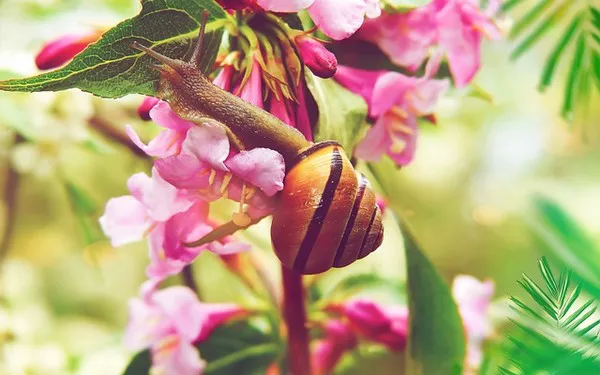As the impending daylight saving time “fall back” looms, bringing a sense of inconvenience for many, new research from Michigan State University (MSU) unveils the remarkable adaptability of plants to cope with changing day lengths. Published in the journal Plant Physiology, the study conducted by MSU College of Natural Science faculty members Tom Sharkey and Yair Shachar-Hill, alongside their team, suggests that plants possess finely tuned systems to navigate diverse day lengths, potentially paving the way for developing crop varieties resilient to a broader range of climates.
“I’m fascinated with the question, ‘Does photosynthesis limit plant growth or does plant growth limit photosynthesis?'” shared Sharkey, a University Distinguished Professor in the Department of Biochemistry and Molecular Biology at MSU.
The researchers delved into understanding how plants adapt to varying day lengths, focusing on Camelina sativa, a model oilseed crop. Utilizing the Mass Spectrometry and Metabolomics Core on MSU’s campus, the team uncovered that plants exhibit adaptive mechanisms to efficiently utilize sunlight based on the available daylight.
In instances of shorter days, when plants have less time for photosynthesis, they elevate their photosynthetic rate while decreasing respiration. Moreover, plants allocate more energy to their shoots, the primary site for photosynthesis. To endure longer nights, plants store more sugar as starch during the day, providing a reserve for nighttime energy needs. They also regulate the exchange of metabolites between vacuoles and other cellular compartments to maintain carbon balance during the night.
Sharkey emphasized that MSU’s collaborative environment played a pivotal role in the research, allowing the team to leverage expertise across disciplines. The study involved collaboration with Yuan Xu and Xinyu Fu, research associates in the MSU-DOE Plant Research Laboratory and the Sharkey and Shachar-Hill labs, Sean Weise, an instructor in Biochemistry and Molecular Biology, and Abubakarr Koroma, a researcher in the Department of Plant Biology.
The findings hold significant promise for addressing challenges in the global food system. By unraveling the intricacies of plant biology and their responses to varying day lengths, the research could contribute to developing crop varieties that are both productive and resilient in the face of changing weather patterns and growing zones.
“Our findings may point the way to improved plant growth,” Sharkey remarked optimistically. “If we can identify the tricks the short-day plants use to almost keep up with the long-day plants, we might be able to make long-day plants even better.” This study aligns with MSU’s ongoing commitment to finding innovative solutions for enhancing agricultural productivity and sustainability.


